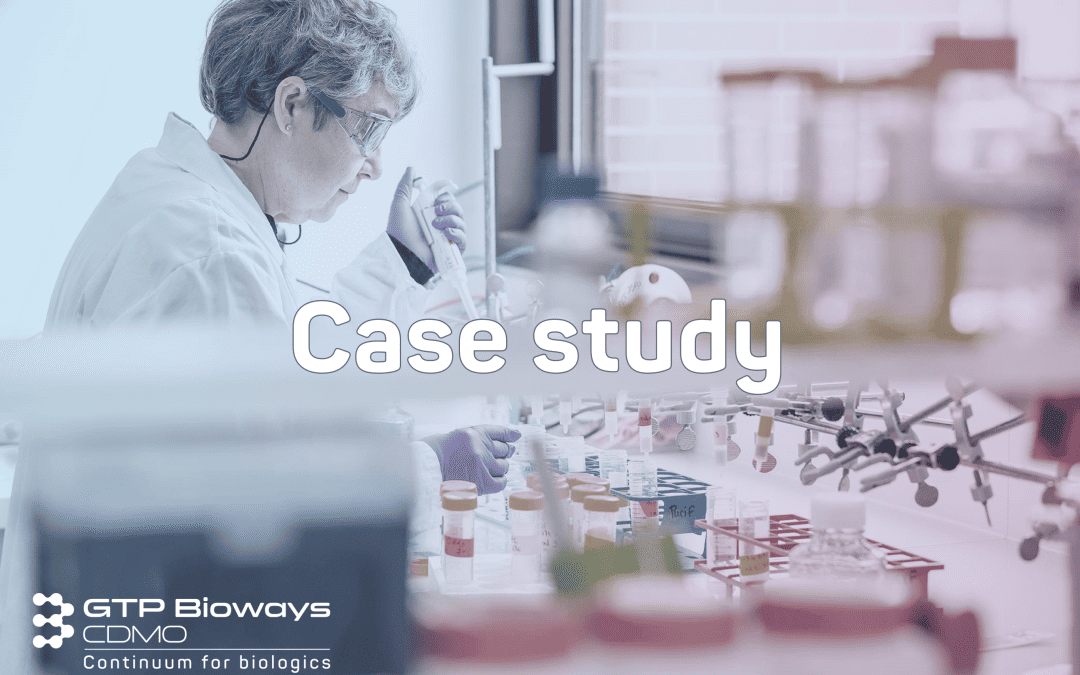Case study: Use of an innovative viral inactivation method for a complex recombinant protein to be used as vaccine for COVID-19
When developping a process for our clients, we always keep in mind that each project is unique and multifaceted. Our project design team always provides customized solutions to fit the complexities of each molecules. We know that commonly employed methods are not always the right fit for your molecule, and our teams are dedicated to developing customized solutions, to ensure your projects remains on track in the defined timelines.
In this case study, we will review how our teams adapted to propose a solution for the viral inactivation of a complex recombinant protein of interest when other methods proved to be incompatible with the protein. Consequently, the project necessitated the exploration of a novel approach to ensure continued progress towards GMP production.
The challenge: all commonly employed viral inactivation methods proved to be incompatible with the recombinant protein of interest
Our client required the development of a second-generation COVID-19 vaccine using a technology that specifically enables dendritic cells (DCs) to present viral antigens. This strategy induces a strong and lasting immune response. The molecule of interest needs to be ambivalent: It has to bind DCs and carries several antigens. This complexity results in a multi-subunits molecule of high molecular weight (>250 kDa). This kind of molecules is often prone to chemical degradation and/or aggregation. Read the full viral inactivation case study to understand how GTP Bioways’ teams handled the challenge.




